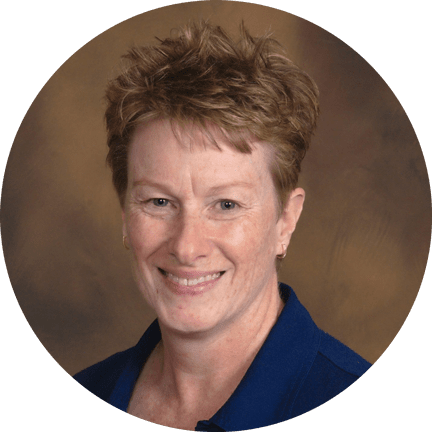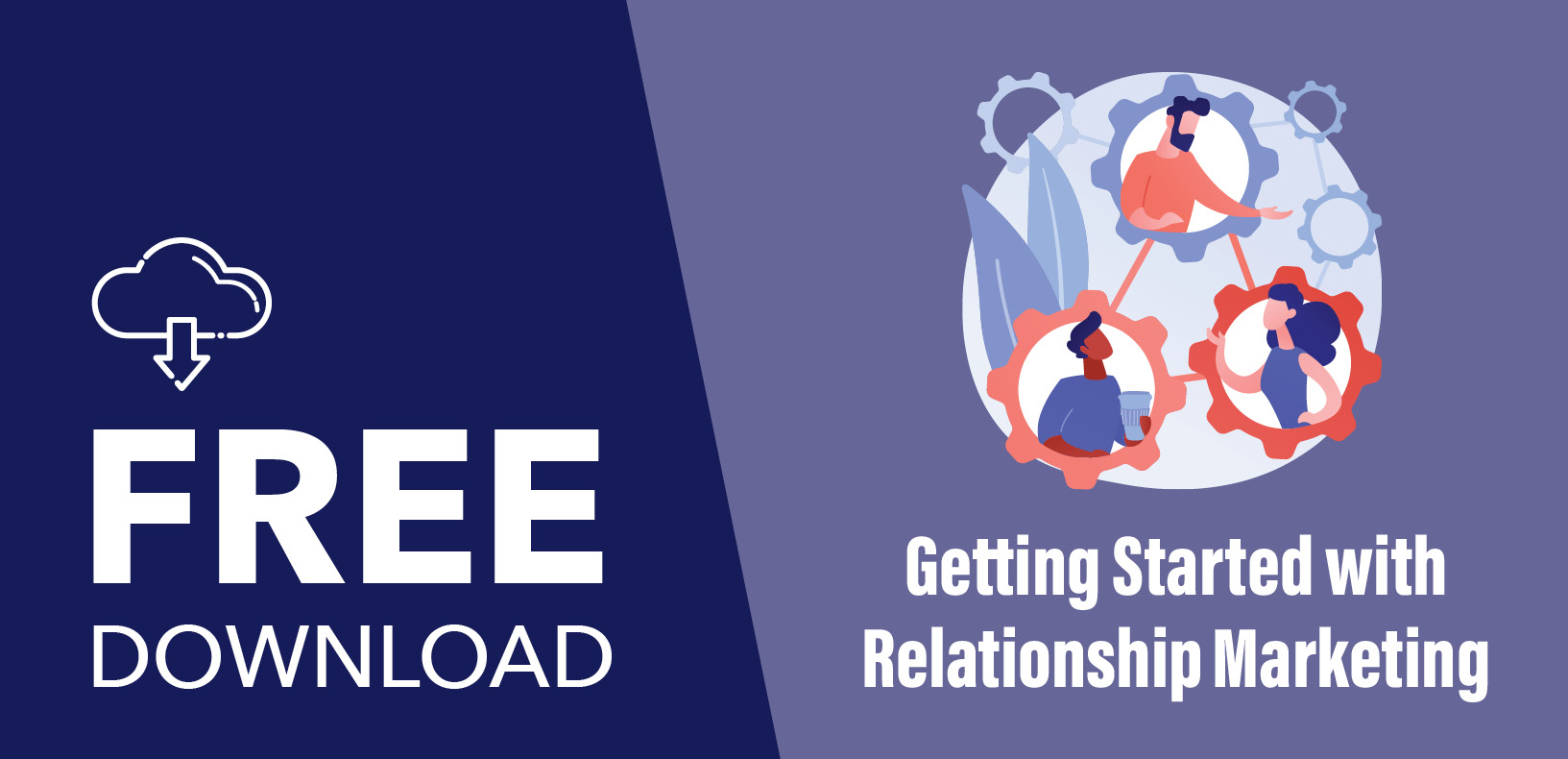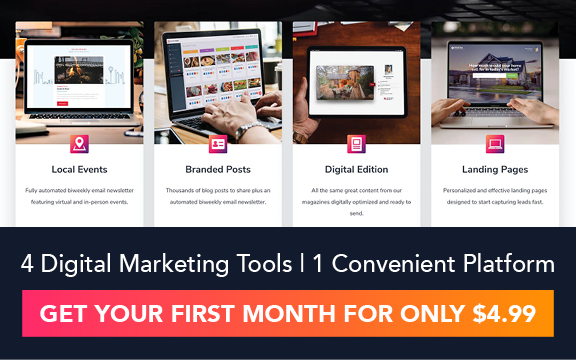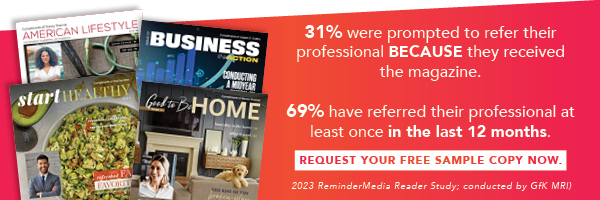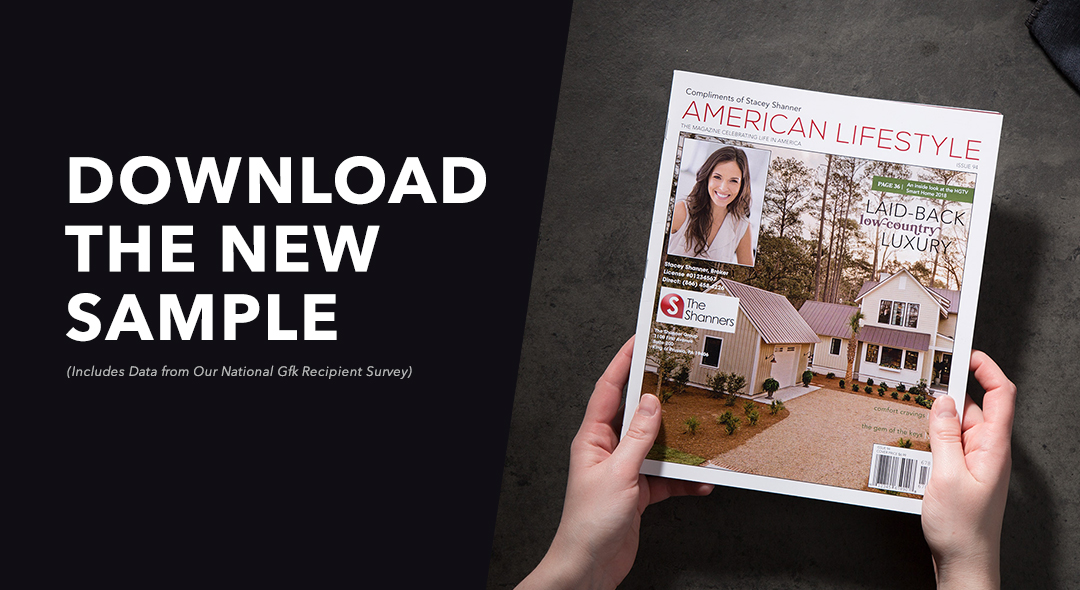Real estate is often called a contact sport for one reason: real-time, face-to-face interaction is essential to an agent’s success. So if you’re looking for a winning move, hosting a real estate seminar (sometimes called a real estate workshop), might just be it. Whether you’re a seasoned agent or a newcomer to the industry, these events can provide endlessly lucrative opportunities to raise awareness of your brand, present yourself as an authority, expand your network, distinguish yourself from the majority of agents, and, most of all, generate valuable leads.
What is a real estate seminar?
A real estate seminar is a chance for you to share your knowledge with an audience of individuals who have raised their hands to say, “I want to know what you know.”
In other words, hosting a seminar allows you to meet and help people genuinely interested in buying, selling, or investing in real estate. That’s something you can’t always say about people scrolling and clicking on pretty pictures of houses.

Hosting a real estate seminar allows you to meet and help people genuinely interested in buying, selling, or investing in real estate.
Free real estate seminars are a fantastic way to add names to your email list.
Your list is a critical tool in your marketing arsenal because you own it. Rather than being at the mercy of changing algorithms and policies, you can use your list to build relationships and provide value on your terms.
Real estate seminars offer an amazing ROI.
As marketing strategies go, hosting a local real estate seminar is exceptionally affordable. Costs are typically limited to renting a space and some equipment and supplying a few refreshments. The bulk of your expenses will likely go toward promoting your seminar, and you can decide to spend a lot or a little. Best of all, it only takes the conversion of one or two qualified leads to recoup your reasonable investment with enough left over to make hosting a seminar a no-brainer.
How to plan a local real estate seminar
Good planning and personal preparation will help ensure that your real estate seminar goes off without a hitch.
1. Define your goal

Your goal will influence all other decisions about your real estate seminar, so it’s best to start with your endgame in mind.
You want to begin by thinking about your endgame since that will drive all your other decisions. Most likely, it will be to generate leads, but prioritize providing value rather than trying to sell your services. Your knowledge and preparation will demonstrate your qualifications and position you as a trusted professional fully capable of managing a real estate transaction.
2. Attract the right audience with the right topic
Your expertise in combination with what’s going on in the current market will suggest suitable topics for your seminar. Start with a broad idea and then niche down—you’ll easily come up with several ways to address the same general subject. You can try one of these popular real estate seminar topics or use them to spark your own.
Seminar ideas for clients in real estate:
- Appraisals
- Downsizing
- House flipping
- Senior housing
- Relocation tips
- Mortgage options
- Becoming a landlord
- Understanding contracts
- The homebuying process
- Financing and preapproval
- Home renovations worth making
- Understanding local market trends
- How to go from renting to owning
- How to buy and sell at the same time
- Buying/selling in a buyer’s/seller’s market
- Buying a vacation home, second home, or investment property
Many of these topics naturally offer an opportunity to involve one or more of your referral partners. Invite your preferred lender, lawyer, house inspector, insurance broker, or contractor to participate and perhaps share in the costs.
3. Prepare and practice
Preparation is the key to confidence, so outline your presentation and practice delivering it until you feel comfortable. A tip from the pros is to mimic the actual conditions under which you’ll present as closely as possible. Set up some seats, stand up as you rehearse, use a microphone if that’s your plan, and walk through your slides (more on this is a second).

Check out this Stay Paid episode for six tips that will help you make a powerful and lasting impression on your audience.
As you prepare, consider the questions your audience is likely to ask so you can have your answers ready. The more familiar you are with your content, the setting, and what to expect, the more at ease you’ll feel when the time comes to greet your audience.
As for your slides, create them using the tools from sites like Canva, Visme, Prezi, or a similar company. Many of these sites offer free or trial versions of their products with templates suitable for professional-quality real estate presentations.
When designing your slides, use bullet points rather than blocks of text—this will prevent your audience from focusing on reading the screen. Instead, you can elaborate on the ideas in your slides, keeping their attention focused on you.
4. Settle on the logistics
In addition to selecting your topic and preparing and practicing your presentation, you’ll need to take care of a few additional arrangements:
- Select a venue. To avoid any suggestion that your educational real estate seminar is actually a sales pitch, select a location other than your place of business. Community centers, libraries, schools, social clubs, and restaurants will often make rooms available at a reasonable cost. Another option would be to rent a conference room at a local hotel.
- Provide something to take home. You want your audience to remember you for as long as possible, so give them something to grab when they leave. Provide a professional-looking list of FAQs and answers, a local market report, or other relevant information. Our clients will typically encourage their audiences to take a copy of their personally branded magazine. It’s far more impressive than a business card, and it remains in their homes for weeks to read and share.
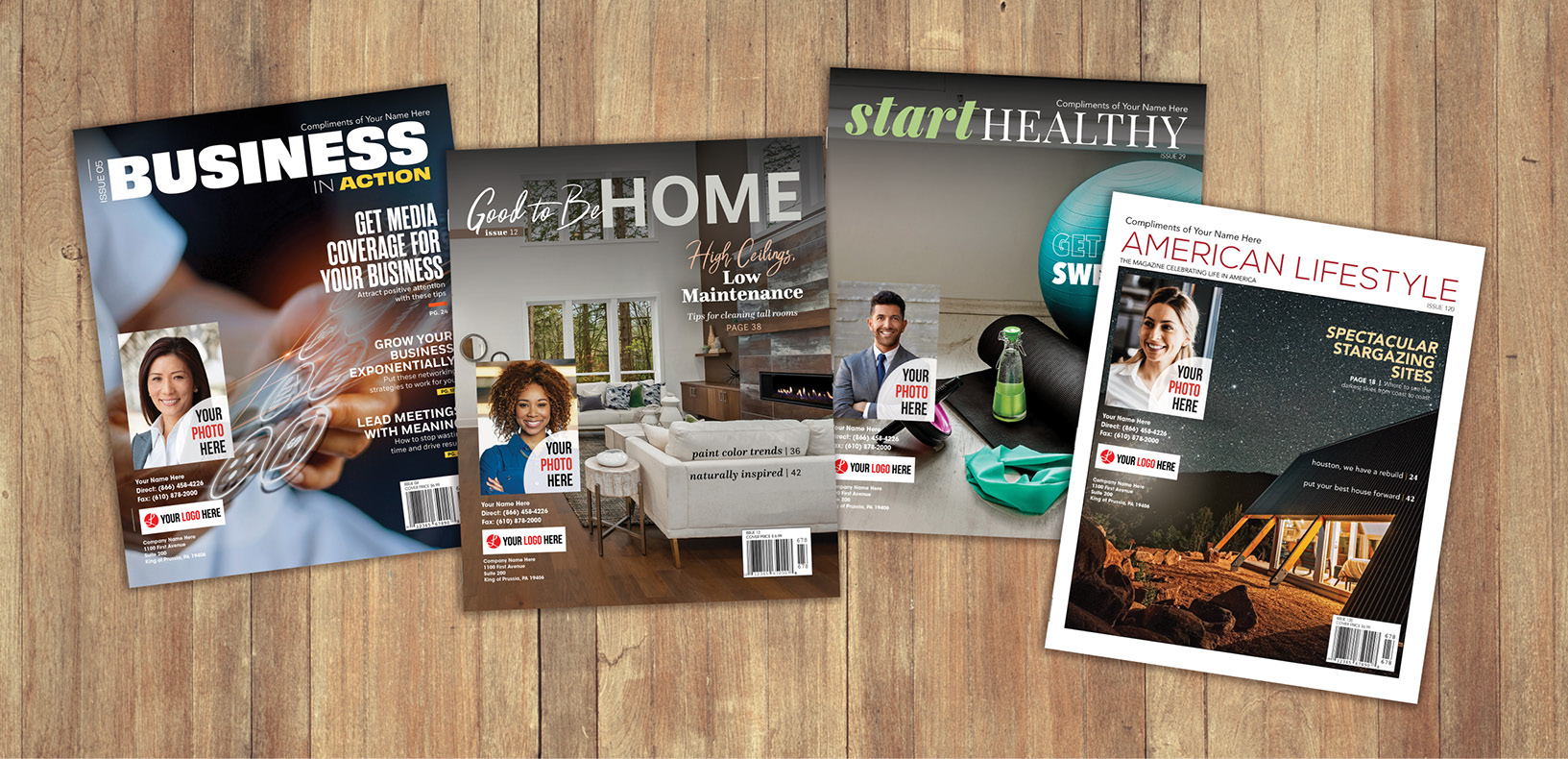
Click here and we’ll send a free sample copy of our most recent issue to your inbox.
- Offer refreshments. Something as simple as coffee and cookies will make people feel welcome. Better still, we coach our clients to serve a recipe from their magazine and suggest they let their audience know they’ll find the recipe there and that they’re welcome to take a copy home with them.
5. Promote your real estate workshop
To get the highest number of qualified leads from your seminar as possible, you want to encourage as many people as you can accommodate to attend, and that means promoting it to your intended audience.

To ensure you get the highest number of qualified leads, promote your real estate seminar in as many ways as possible.
This promotion begins with convincing your audience that by attending, they’ll get the information they need and desire. For that, you need an enticing seminar title that:
- Captures attention. Making a bold promise, revealing a coveted secret, and including a very large or small number are just a few tactics that will capture an audience’s attention.
- Creates interest. Stimulate curiosity, create a sense of urgency, or incite fear, and you’ll pique your audience’s interest.
- Communicates a clear message. Clever isn’t as valuable as clear. Don’t make your audience have to guess what your presentation will provide them.
- Compels action. The best titles are irresistible; they make your audience feel like they must
Here are a few examples:
- “Tired of Paying Someone Else’s Mortgage? Discover How Easy It Is to Graduate from Renter to Homeowner”
- “Don’t Let Your Flip Become a Flop: House-Flipping Essentials for Beginners”
- “The Scary Truth about Senior Housing: How to Protect Your Loved One and Their Assets”
Once you have your title, it’s time to get the word out. Use every means at your disposal, including:
- Posting to social media
- Advertising with Facebook ads
- Placing a banner on your website
- Connecting with local publications
- Including a preview in your newsletter
- Hanging well-designed flyers in popular locations
- Mailing postcards that include a QR code to your registration page
- Sending emails and adding notice of your seminar in your email signature
6. Follow up
Your first attempt to follow up should happen as soon as possible after your seminar and no later than the end of the next day. Call to thank them for attending and to answer any additional questions. Thank attendees again by sending a handwritten note. Incorporate into your follow-up an offer of a CMA or other instance of relevant value.
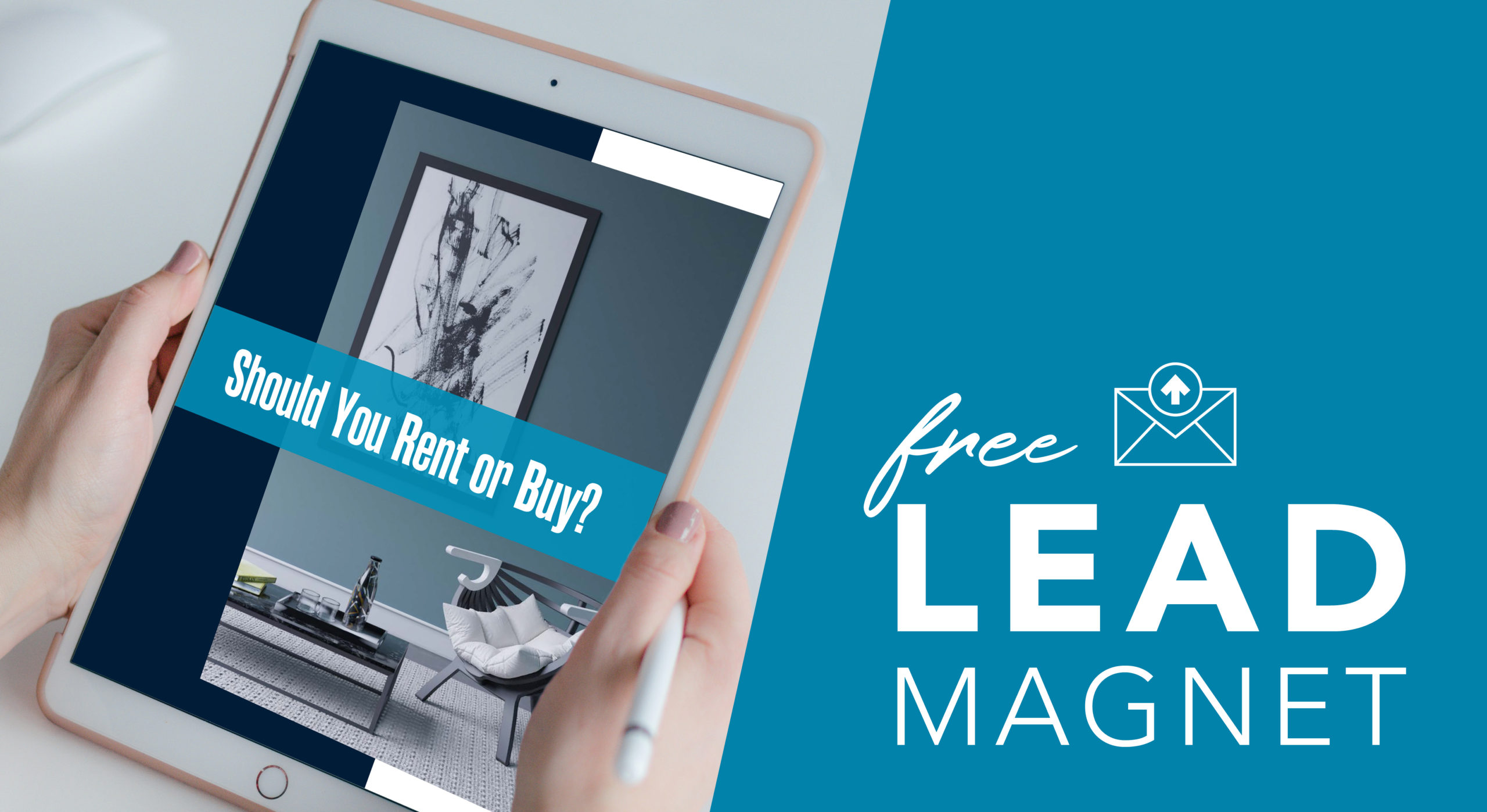
Click to download this free lead magnet.
You’ll also want to nurture the leads you’ve collected. Visit our library of FREE resources to download and send lead magnets created by our professional staff of writers and designers. You’ll find among the many titles:
- A Guide to Buying Your First Home
- Preparing for Your Preapproval and Mortgage Application
- What to Ask Before Buying a Home
- The 5 Biggest Mistakes to Avoid When Selling Your Home
- Questions Every Seller Should Ask When Hiring a Real Estate Agent
We can also help you stay connected with your seminar attendees and all the names in your database using email and social media. Our Digital Marketing Platform includes a biweekly newsletter of Local Events (hand curated to offer only the best events in your local area), plus a huge collection of Branded Posts, informative blogs that we personally brand to you. We’ll even give seasonal suggestions so you can provide the most timely and useful information. Use our schedulers to plan your posts weeks or even months in advance as a true set-it-and-forget-it solution.
But if you’re looking for something unique that makes a lasting impression, effectively differentiates you from other agents, keeps you top of mind, and generates referrals, then you need to check out our personally branded magazines. (Click here to get a free sample sent to your inbox.)
For less than the cost of a typical greeting card (yes, you read that right), we’ll personally brand each 48-page, coffee-table quality issue in six key locations and automatically send them to your list of recipients every six weeks. You have the opportunity to include customized ads (think about advertising your next seminar and featuring your prize listings), and, at no extra cost, you can customize the letter on the Front Inside Cover to individual recipients to make a truly personal connection.
Start planning your real estate seminar today
For both established agents and newbies, hosting a real estate seminar can be a powerful strategy for lead generation, networking, and establishing yourself as an industry authority.
Following these six tips will ensure your presentation attracts an audience and promotes you as the preferred, trustworthy solution to their real estate needs.
Above all, make sure you follow up with everyone who attends—it’s the only way you’ll convert qualified leads into clients. Use our personally branded magazines or one of our digital products as a way to stay top of mind, provide value, and nurture relationships so that when a lead is ready to pull the trigger, you’re the name they remember.








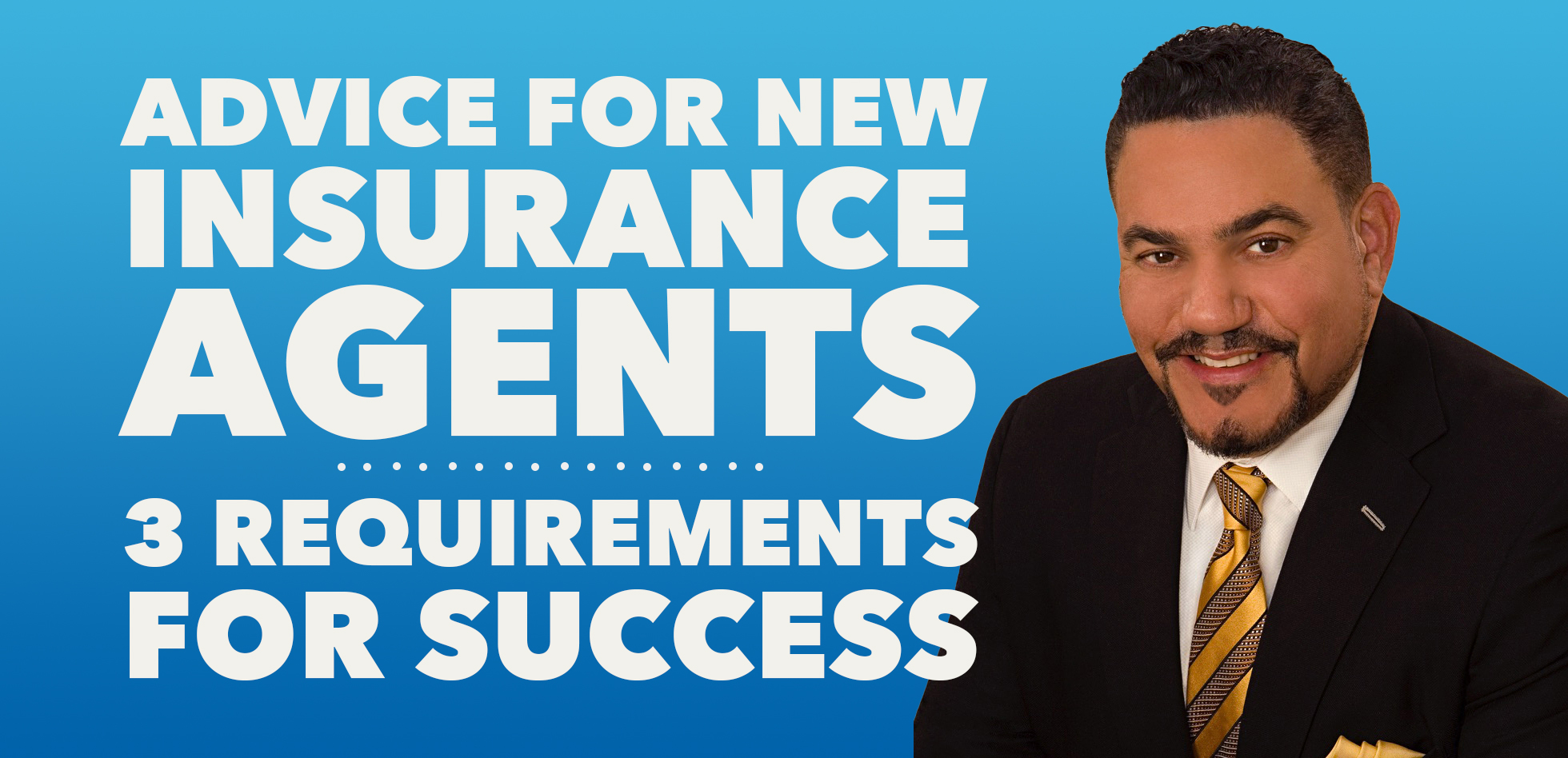
 Apple Podcasts
Apple Podcasts
 Google Play
Google Play
 Spotify
Spotify




